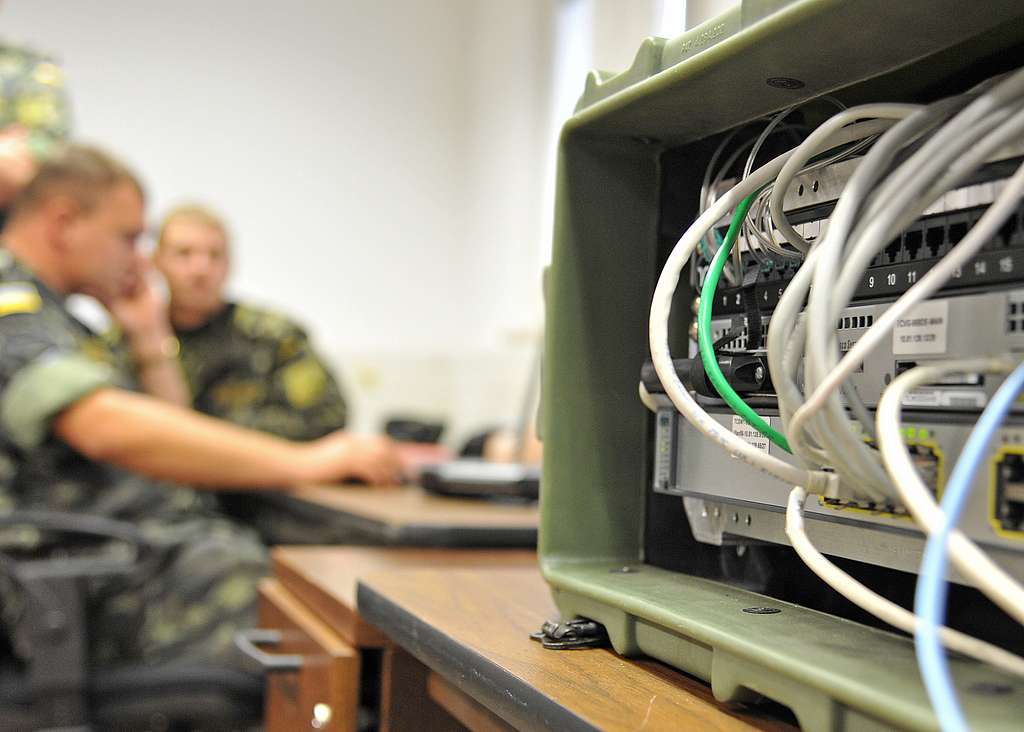Benjamin Friedman on the Drone Strikes in Pakistan (and the Blair Critique)
Benjamin Friedman has an interesting and thoughtful piece at the National Interest this afternoon, commenting on Dennis Blair's recent criticism of the current approach to drone strikes in Pakistan. One point he makes stood out to me as worth a bit of further discussion, however:
[Blair] never mentions a far more workable way to reduce the need
Published by The Lawfare Institute
in Cooperation With

Benjamin Friedman has an interesting and thoughtful piece at the National Interest this afternoon, commenting on Dennis Blair's recent criticism of the current approach to drone strikes in Pakistan. One point he makes stood out to me as worth a bit of further discussion, however:
[Blair] never mentions a far more workable way to reduce the need to bomb Pakistan: end war in Afghanistan.I take it Benjamin means ending our part in the war in Afghanistan, or more specifically removing our forces. [UPDATE: BEN AND I HAVE SINCE BEEN IN TOUCH ABOUT THIS, AND HE CONFIRMS THAT THIS IS WHAT HE MEANS, AND THAT HIS POINT IS SIMPLY THAT THERE WOULD AT LEAST NO LONGER BE THE NEED TO STRIKE TALIBAN TARGETS] Whether this would be followed by an end to armed conflict is another matter entirely, but let's asssume (very optimistically) that it would be. This would, I think, reduce the need to carry out drone strikes in Pakistan, as Benjamin suggests; surely some percentage of current operation target individuals largely if not entirely because of their connection to hostilities in Afghanistan. But I was motivated to post on this primarily to make the point that even in the rosiest scenario involving a peace agreement in Afghanistan, al Qaeda senior leadership figures would remain in the FATA, as would at least some other individuals who, though not best described as part of al Qaeda, nonetheless have adopted al Qaeda's orientation toward attacking the "far enemy" and who may be responsible for training camp operation in the FATA region. So long as this is the case, and so long as the central government cannot suppress these threats, the motivation for at least some amount of drone strikes in Pakistan--and quite possibly a great many of them--will remain, possibly with little change from the status quo. It is a different question whether a complete or near-complete withdrawal from Afghanistan might substantially reduce drone strikes in Pakistan simply because of lost capacity to obtain the intelligence that undergirds drone stikes. Having just finished Joby Warrick's riveting book The Triple Agent, with its emphasis on CIA operations in Khost and drone strikes in Pakistan, it's a question that jumps out to me now in any discussion of an Afghan withdrawal. None of which is meant to say that Benjamin meant to say anything for or against these observations in the brief comment quoted above, of course.
Robert (Bobby) Chesney is the Dean of the University of Texas School of Law, where he also holds the James A. Baker III Chair in the Rule of Law and World Affairs at UT. He is known internationally for his scholarship relating both to cybersecurity and national security. He is a co-founder of Lawfare, the nation’s leading online source for analysis of national security legal issues, and he co-hosts the popular show The National Security Law Podcast.





